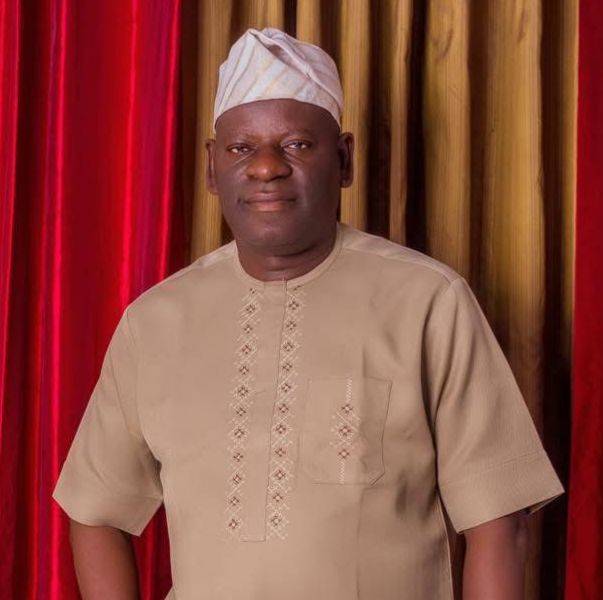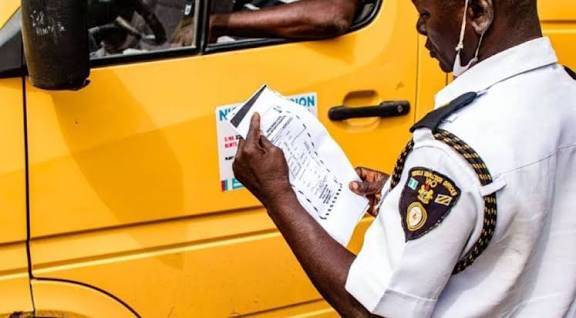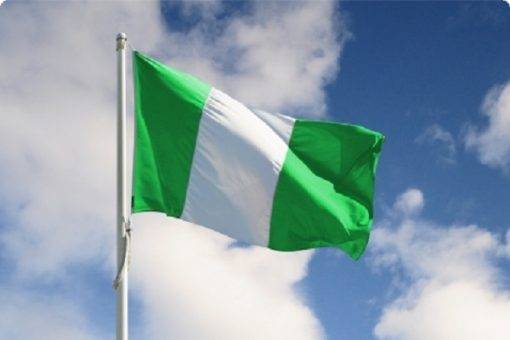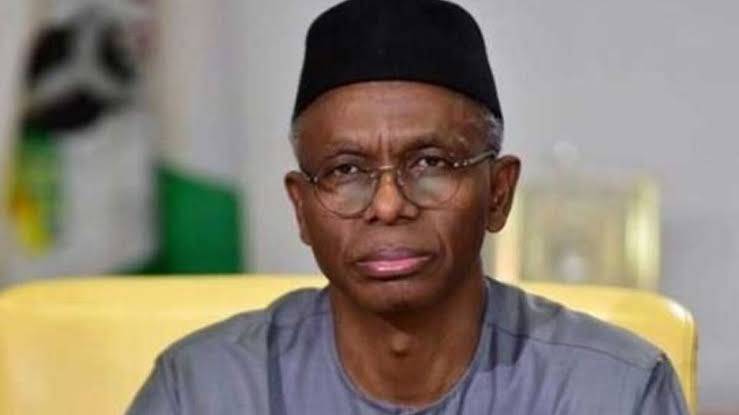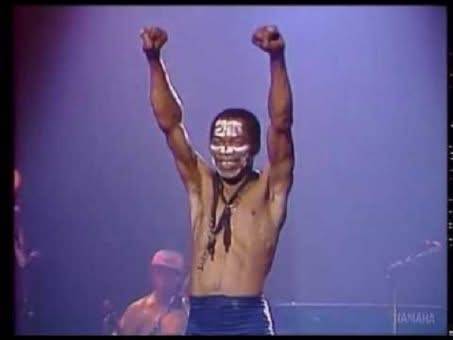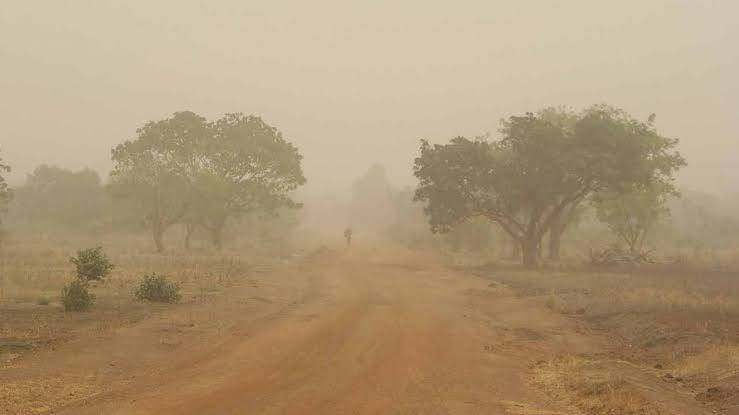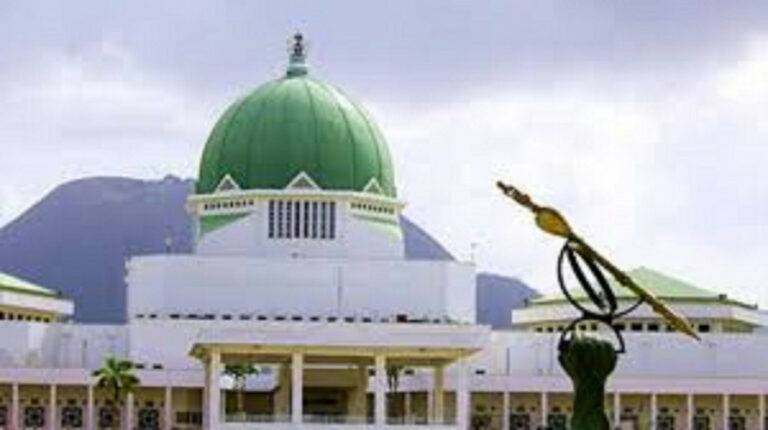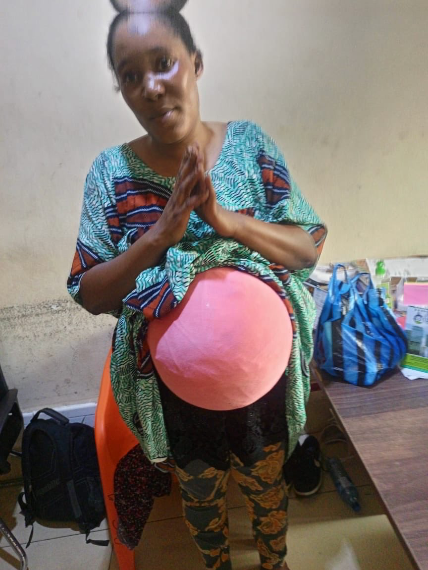The Attorney General of the Federation, Abubakar Malami, has hinged the Federal Government’s decision to succumb to the judgement of the Supreme Court which stipulated the suspension of February 10 for the exchange of old naira notes for the new series.
Recall, Theliberationnews reported on Wednesday that the apex court, in its ruling, ordered the deadline be postponed till February 15.
Malami, who confirmed the FG’s compliance with the judgment in an interview on Arise TV yesterday, explained that the government was hopeful that the ex parte ruling which expires on Wednesday, February 15, 2023, would be reversed.
He noted that the CBN, which is a crucial party to the issue, was not joined and that consequently, the Supreme Court lacked jurisdiction to decide on the matter in the first instance.
Explaining why the FG succumbed to the Supreme Court judgement, Malami said that the decision was based on the administration’s respect for the rule of law.
”He said: “An interim order was granted by the Supreme Court and that order was to lapse on Wednesday (February 15) and incidentally, that was the day the court fixed for hearing of the motion. With this position in mind, we have taken steps to file our objection challenging the jurisdiction of the court to entertain the matter. Jurisdiction on the ground that when you talk of monetary policy, Central Bank is an indispensable and necessary party in the matter.
“A situation where the Central Bank is not joined in the matter as a party and if the Central Bank as an institution is not joined as a party, the law is clear that the jurisdiction of the Supreme Court cannot be invoked. So, we have given consideration to diverse issues, inclusive of the issue of jurisdiction and we will argue it from that perspective. There is no doubt that the ruling of the Supreme Court, regardless of the circumstance, is binding and within the context of the spirit of the rule of law, so the issue of disobedience to the ruling of the Supreme Court is out of it. We agree wholeheartedly that we are bound by it and we will comply with it.”
As expected, political parties and some stakeholders, were on Thursday, divided over what President Muhammadu Buhari should do with the Supreme Court’s interim order asking the Federal Government and the Central Bank of Nigeria, CBN, not to end the use of old Naira notes today.
While some want President Buhari to obey the apex court’s order, others kicked against it
Those who agreed with the Supreme Court and urged the President and the CBN not to stop usage of the old N200, N500 and N1,000 notes today include the ruling All Progressives Congress, APC; the New Nigeria Peoples Party, NNPP; Zamfara State governor, Bello Mattawalle; African Democratic Congress, ADC, presidential candidate, Mr. Dumebi Kachikwu; and Lagos lawyer, Mr. Femi Falana, SAN among others.
However, the umbrella body of registered political parties and political associations in the country, the Conference Of Nigeria Political Parties, CNPP, cautioned against extending the deadline for use of the old notes and accused the APC of arm-twisting the CBN to buy votes at the forthcoming general polls.
Ask CBN to end current madness, APC tells Buhari
Urging President Buhari to obey the Wednesday order of the Supreme Court which invalidated the February 10 apex bank deadline for the swap of old currency notes for new ones, the APC asked the President to direct the CBN to end what it described as the “current madness”, it said had inflicted untold pains on the people.
In a statement issued in Abuja yesterday, titled, ‘Cashless Economy and Presidential Cabal’, APC National Vice Chairman, North-West, Salihu Moh. Lukman said Nigerians are today faced with the most uncertain of times, with national elections a few days away and a deliberate cash squeeze enforced by a deliberate policy of the CBN.
Lukman noted that it was partly on account of the frustration by APC that governments of Kogi, Kaduna and Zamfara states took the matter directly to the Supreme Court where they on Wednesday, obtained an interim order against the CBN’s February 10 deadline to end the validity of the old Naira notes.
He said: “With this judgment, it means that even after February 10, the old notes would still serve as legal tender. The big question is, will this end the current Naira (old or new) scarcity? It may not. If, however, the speculated objective of any so-called cabal is to frustrate the February 25, 2023 elections by either creating conditions that could mobilize electorates to vote against the APC and its candidates, especially Asiwaju Bola Ahmed Tinubu, God willing it shall not succeed.
“In all of these, it needs to be clearly stated that throughout the tenure of President Muhammadu Buhari, nothing tests his credentials as a converted democrat more than the need to demonstrate more listening ears and compassion to the plight of Nigerians.
“As a converted democrat, which I believe he is, President Buhari needs to demonstrate that by respecting the Supreme Court judgment and directing the CBN to end the current madness that imposes Naira scarcity in the country and untold hardship on millions of Nigerians.
“For both APC, as a party, and Nigeria, as a nation, one of the lessons that the current reality imposes is the need to develop our political parties and make them capable of regulating the conduct of elected functionaries. This is not only the case with APC but also the case with all our parties. Why should we have a challenge with grave consequences on the electoral fortunes of political parties, yet none of the parties contesting the 2023 elections has convened any emergency meeting of their National Executive Committee NEC? Yet, we want elections to produce accountable leaders. “Once party organs have ceased to be decision-making platforms, the domineering control of government institutions by so-called cabals will remain strong.
“Moving Nigerian democracy forward requires all of us as Nigerians to be more honest beyond some partisan permutations about winning elections. As members of APC, we are working hard to win the 2023 elections, but we also will work even harder to ensure that our next government led by Asiwaju Bola Ahmed Tinubu will come with more listening ears to Nigerians and fellow party leaders.”
Noting that only about 39 per cent of Nigerians have bank accounts, Lukman added that more than 300 out of the 774 Local Governments in the country have no bank branches or cash centres.
“Where they exist, the bank branches and cash centres are mostly located in the headquarters. Specifically, in terms of cash centres, the total number of Automated Teller Machines ATMs in the country is less than 20,000.
“These records suggest the need to take extra steps to strengthen the banking system in the country to meet up with the new demands that will be occasioned by the new policy. It will clearly require contingency measures to expand the banking system, such that citizens could exchange the old notes in locations that don’t have bank branches or cash centres such as ATMs. Given that the International Monetary Fund (IMF) in November 2021 reported that Nigeria’s banks closed 234 branches and 649 ATMs, should have given a strong warning that the principles of ceteris paribus (all conditions remaining the same) would translate to failure for the new policy.
“Unfortunately, all these were overlooked. And for whatever reasons, the CBN and the Federal Government continue to delude themselves that the new policy can succeed with a very weak banking reality. In these circumstances, both the old and the new notes have disappeared across every part of the country. Even people with bank accounts can’t access their money. Somehow, because we are approaching election period, the gullibility of Nigerians is being exploited. There are stories around how the new policy is going to block vote buying. There are also other strong narratives about internal sabotage within APC based on how some powerful forces around President Buhari are opposed to the emergence of Asiwaju Bola Ahmed Tinubu, APC Presidential candidate as the next President of the Federal Republic of Nigeria.
“There are also strong concerns about how the combination of cash squeeze and fuel scarcity being experienced in every part of the country can lead to unrest and possible postponement of the election. Some have even speculated that all these are aimed at creating a situation that would lead to the enthronement of a so-called government of national unity, whatever that means.”




